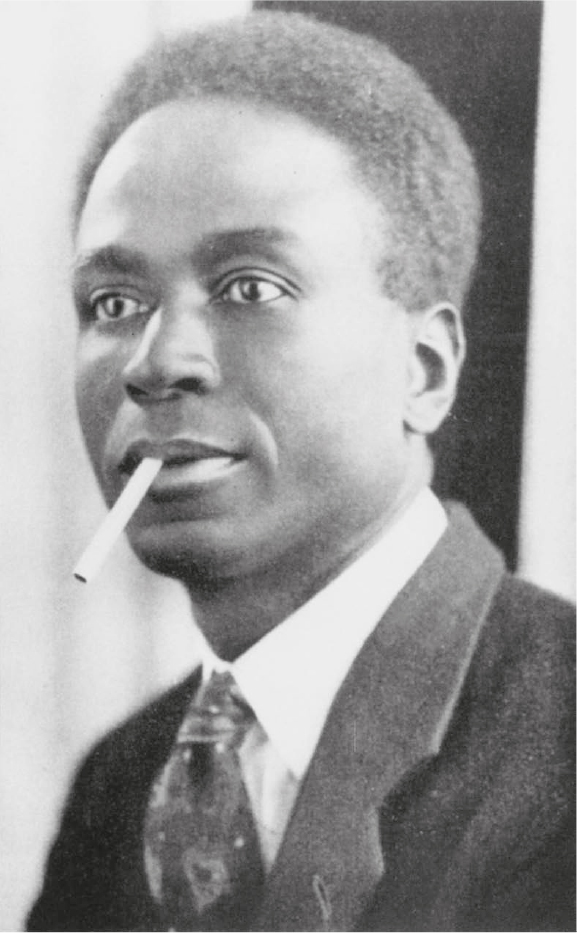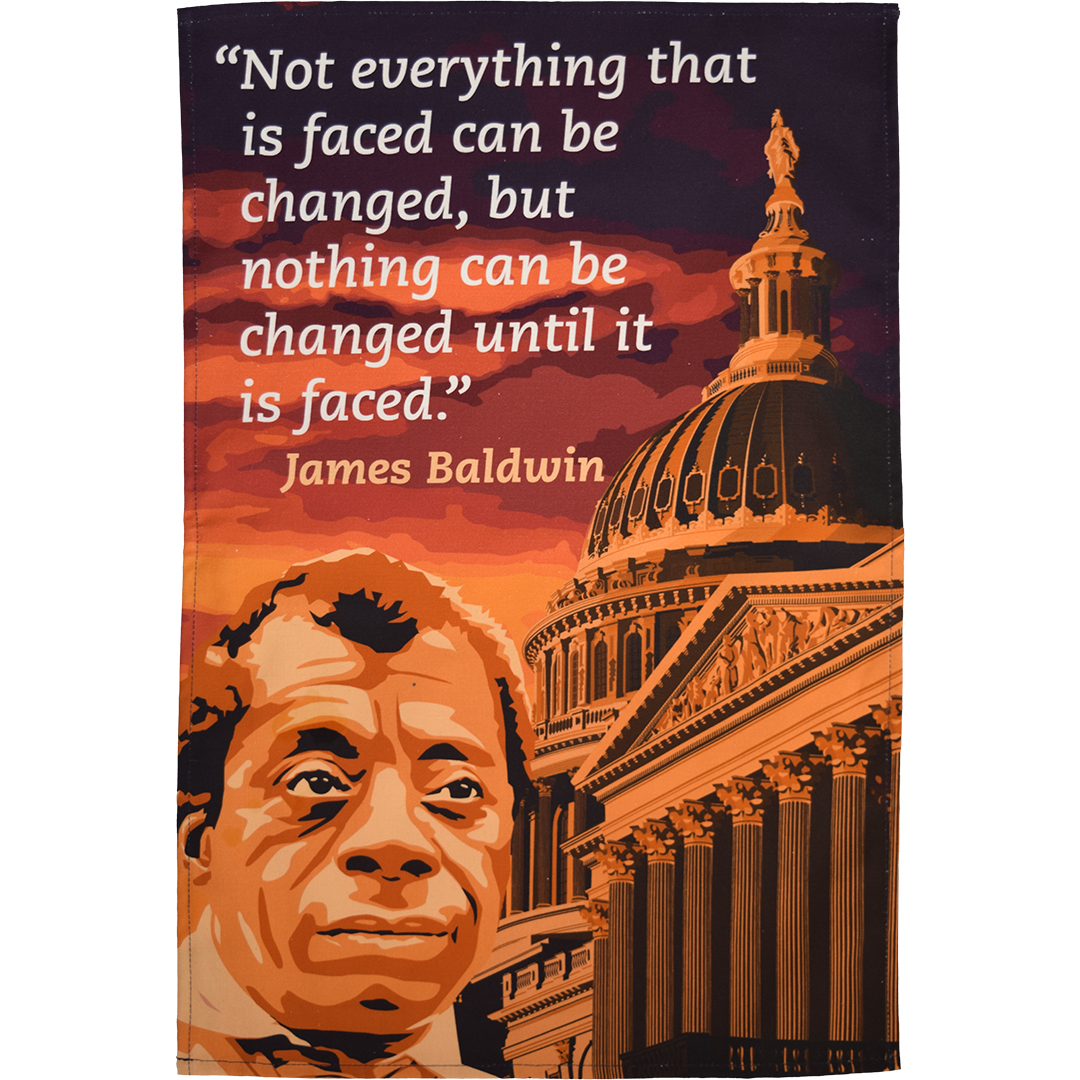When the Tale is Told: The Life of George Padmore
Posted by Pete on 28th Jun 2024
The Trinidadian communist and anti-imperialist George Padmore was one of the luminaries of black radicalism in the twentieth century
"The black man certainly has to pay dear for carrying the white man’s burden."
Malcolm Ivan Meredith Nurse – known to history by his communist penname George Padmore – was born today in the British colony of Trinidad in 1903.
He was one of the most significant socialist, anti-imperialist and anti-fascist thinkers of the twentieth century.

George Padmore, photographed circa 1937
Padmore’s mother was a scientist from Antigua, and his father was a schoolteacher in Trinidad. Going further back, Padmore’s great-grandfather had been an Asante warrior from west Africa, taken prisoner and enslaved by the British empire.
After his schooling in Trinidad, Padmore moved to the United States for university.
Already a fierce critic of anti-black racism in the Atlantic world and European imperialism in Africa and the Caribbean, Padmore gravitated towards the new communist movement in the U.S.
The Communist Party (CPUSA) was attractive to black radicals like George Padmore and
Claudia Jones because it was the only party ready to unequivocally denounce white supremacy and imperialism during the 1920s and 1930s.
Padmore was an effective journalist and propagandist for the CPUSA, especially among the black working class.
His work caught the eye of the Communist International in Moscow, where he moved in 1929 help set up a new organisation, the ‘Negro Bureau’ of the Red International of Labour Unions, which was devoted to organising black workers on a global scale, across national borders.
For some time in the 1940s, Baldwin was a member of the Young People's Socialist League and Trotskyist
See the James Baldwin tea towel
Padmore’s role in the Comintern soon expanded. In 1930, in Germany, he helped launch the International Trade Union Committee of Negro Workers (ITUCNW), and he edited its new newspaper, The Negro Worker.
Padmore argued that black workers ought to see their struggles against racism as part of the same project as wider working-class and anticolonial liberation:
“Negro workers of the world! Organize your labour power and join hands with the class-conscious white workers of the world and oppressed colonial peoples, Chinese, Indians, Indonesians, etc., for the overthrow of capitalism, imperialism, and the liberation of the working class.”
In mid-1933, after Hitler seized power in Germany, Nazi thugs attacked the ITUCNW offices and Padmore was deported. Nothing horrified fascists more than internationalist black communism.
But at the same time, Padmore was becoming discontent with new policies in the Comintern.
In response to the rise of anticommunist Nazism in Germany, the Soviet Union began seeking international allies in Britain and France, which meant silencing opposition to British and French colonialism abroad in the name of anti-fascist coalition-building in Europe.
But anti-colonial Marxists like Padmore saw this as a contradiction in terms, because British and French governance in Africa, Asia, and the Caribbean looked a lot like fascism. Apartheid in British South Africa was a case in point.
For Padmore, anti-imperialism and anti-fascism were a package deal.
George Padmore kept up a transatlantic correspondence with his fellow writer and activist W.E.B. Du Bois
See the W.E.B. Du Bois tea towel
So Padmore fell out with the Communist International during the 1930s, and became a more independent socialist based in Britain.
He continued to agitate against European imperialism and fascism and to struggle for socialist revolution around the world.
He worked with other diaspora radicals like
C.L.R. James – another Marxist from Trinidad – and Amy Ashwood Garvey to oppose Mussolini’s Fascist invasion of Ethiopia in 1935.
And he continued to advocate anticolonial struggle and decolonisation in the British Empire. In May 1945, Padmore met Kwame Nkrumah, the future leader of independent Ghana. The two would become lifelong friends.
Padmore was a key figure in organising the Fifth Pan-African Congress in Manchester, attended by many African anticolonial leaders and luminaries from across the Black Atlantic, including
W.E.B. Du Bois.
The Manchester Congress set the agenda for African liberation over the next thirty years, as colonised peoples from across the continent wrested their freedom from Britain, France, Portugal, Belgium, and South Africa.
Padmore wouldn’t live to see most of that story unfold. He died in September 1959.
Ghana had just become the first colonised society in British-ruled Africa to gain political independence.
After learning of Padmore’s death, its new leader Kwame Nkrumah, declared:
One day, the whole of Africa will surely be free and united and when the final tale is told, the significance of George Padmore’s work will be revealed.


